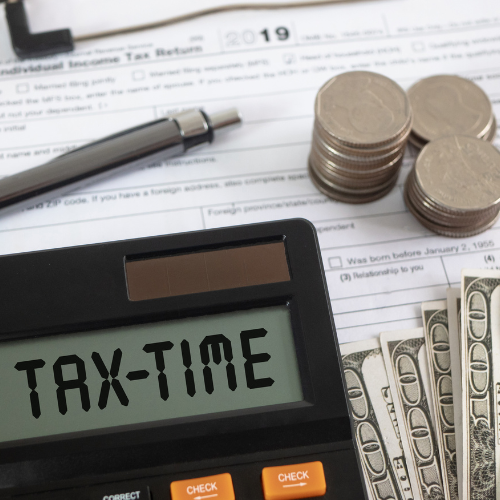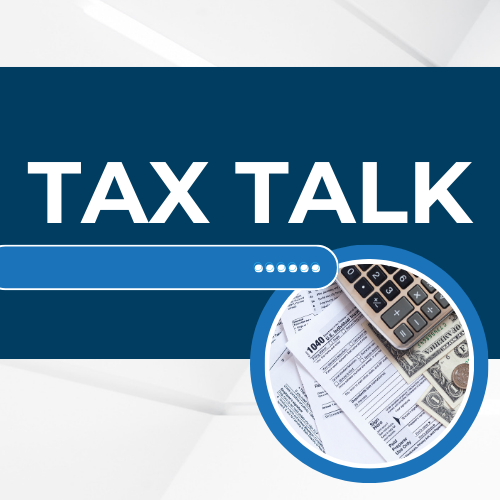How Long Should Small Business Owners Keep Their Tax Records?
How Long Should Small Business Owners Keep Their Tax Records?

Managing tax records is a critical aspect of running a small business. Not only do these documents provide essential information for filing taxes, but they also serve as proof in case of an audit or other legal inquiries. But how long should small business owners keep their tax records? The answer depends on several factors, including the type of record and the nature of your business.
General Rule: The Three-Year Minimum
The IRS generally recommends that small business owners keep their tax records for at least three years. This three-year period starts from the date you filed your tax return or the original due date, whichever is later. During this time, the IRS can audit your returns, assess additional tax, or allow you to claim a refund. For most businesses, this three-year window is sufficient, but there are exceptions.
Six-Year Rule for Unreported Income
If you underreport your income by more than 25%, the IRS extends the statute of limitations to six years. For example, if you failed to report $20,000 of income on a $70,000 return, the IRS could look back six years. To protect yourself from potential issues, it’s wise to retain your tax records for at least six years if you think there might be a discrepancy in your income reporting.
Seven-Year Rule for Bad Debt Deductions
If your business claims a bad debt deduction or writes off worthless securities, the IRS advises keeping related records for seven years. This longer retention period ensures you have the necessary documentation to support your claims if the IRS questions your deductions.
Indefinite Retention for Fraudulent or Non-Filed Returns
If you don’t file a return or file a fraudulent return, there’s no statute of limitations. In these cases, the IRS can audit you at any time, so it’s advisable to keep all related records indefinitely. Even if you believe you’ll never face such a situation, maintaining thorough and complete records is a good practice for any small business owner.
Payroll Records: At Least Four Years
For businesses with employees, payroll records should be kept for at least four years. This includes employment tax records, as well as information about wages, tips, and other compensation. These records are necessary not only for the IRS but also for compliance with the Fair Labor Standards Act (FLSA) and other labor laws.
Digital vs. Paper Records
While the IRS accepts digital copies of records, ensure they are legible and accessible for the entire retention period. Investing in a reliable digital storage solution can save space and make record-keeping more manageable. However, always have a backup system in place to prevent data loss.
Keeping accurate and organized tax records is a fundamental responsibility for small business owners. While the general rule of thumb is to keep records for three years, longer retention periods apply in specific cases, such as underreported income or bad debt deductions. By understanding and following these guidelines, you can protect your business from potential audits and ensure compliance with IRS regulations. When in doubt, consult a tax professional to ensure you're keeping the right records for the appropriate length of time.
Quick Links
Contact Information
Business Hours
- Mon - Fri
- -
- Sat - Sun
- Closed















